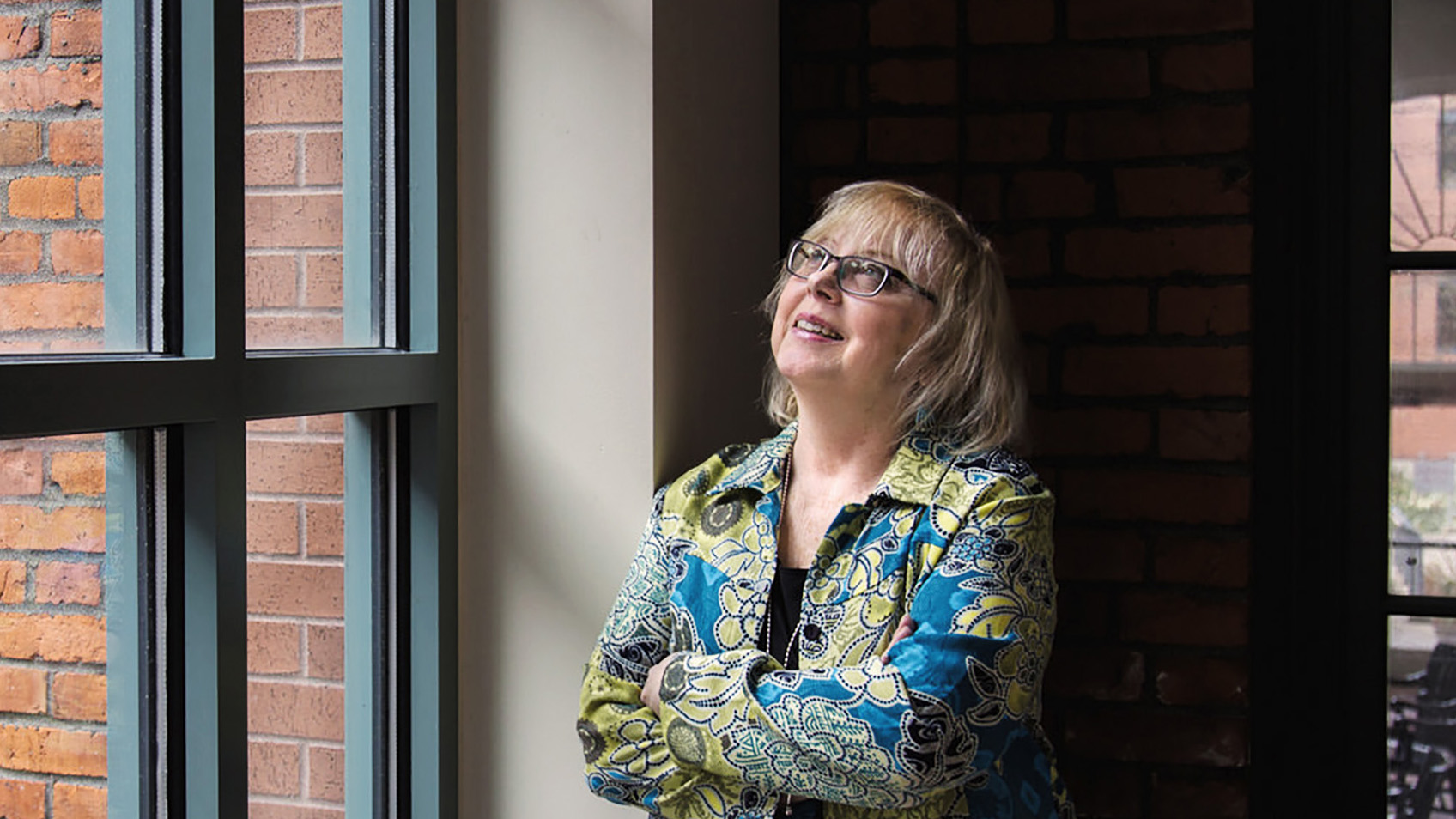Linda (Getch) Dawson ’71 grew up during the height of the space race between the US and the USSR. She recalls driving with her family to an observatory to hear the beeping of the Soviet satellite Sputnik as it passed overhead. “It’s funny how your path takes different turns, but I always came back to that first love: aerospace,” she says. Dawson’s path took her from MIT to NASA, then into a second career as a teacher and a writer, earning her the nickname “Rocket Woman” from colleagues and journalists.

Dawson says her “most exciting job ever” in aerospace was working as an aerodynamic flight controller at NASA’s Johnson Space Center in Houston. It was the late ’70s, and she was in the navigation and guidance mission control group responsible for ensuring that the space shuttle safely reentered the atmosphere. She ran “endless simulations with astronauts and pilots” to determine how much fuel would be needed for the first flight, accounting for the most critical failures. She was on duty in mission control during launch and reentry, running yet more simulations to define and redefine the shuttle’s flight rules as conditions changed. “When you’re flying at supersonic and hypersonic speeds, everything happens so quickly that you don’t have the luxury of looking through a book to see what you should do if something goes wrong,” she says. She left NASA well before the Challenger and Columbia disasters showed how dangerous human spaceflight can be—but would share her perspective on these tragedies years later in her first book.
After NASA and a stint at Boeing Aerospace, Dawson spent more than 20 years as a senior lecturer at the University of Washington, Tacoma, where she designed courses on women in science and on the history and science of space exploration. But, she says, “I couldn’t find a reasonable [space] book that satisfied what I thought should be covered in a condensed fashion—it either was too technical or it was a children’s book.” So Dawson decided to write her own. The Politics and Perils of Space Exploration (Springer, 2017, with a second edition out this year) and War in Space (Springer, 2018) recount the history of the space program and delve into the complicated modern-day politics of space exploration as different companies and countries compete for access and resources.
Retired from teaching, Dawson continues to write and to lecture at Seattle’s Museum of Flight, where she is a longtime volunteer. “At the museum there are whole new generations of young people who still want to take rocket classes and learn about space,” she says. “It’s exciting to see that.”
